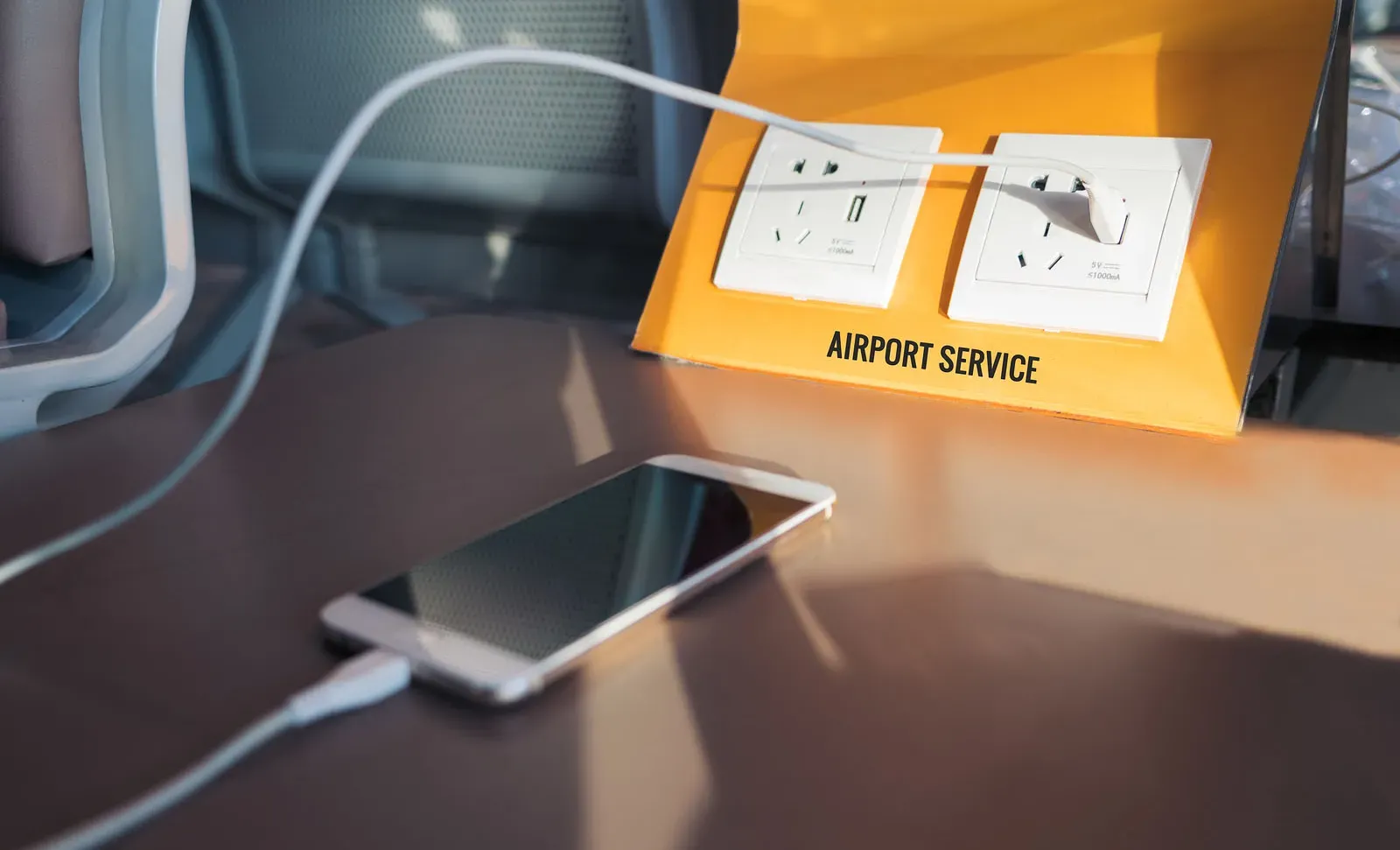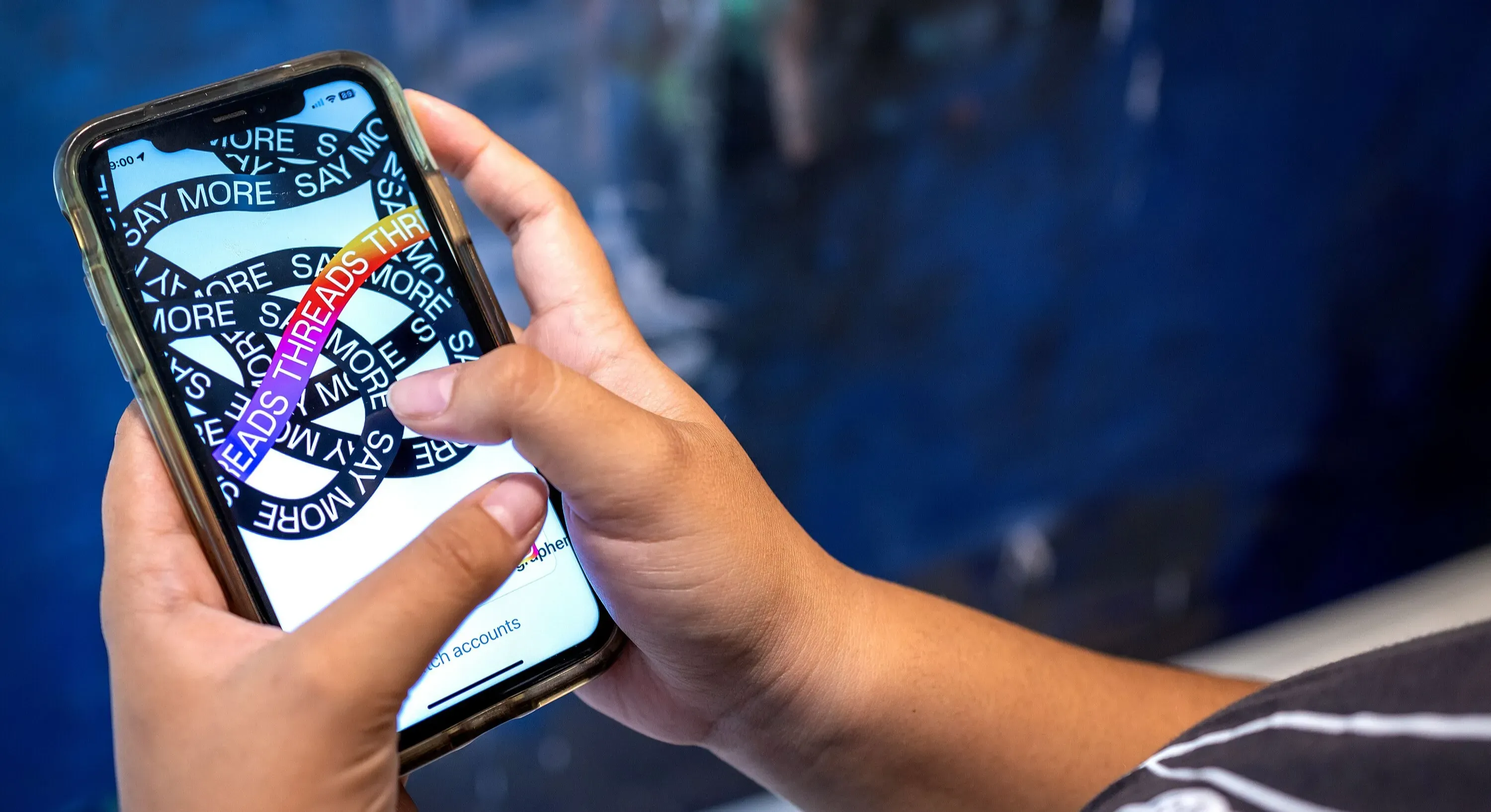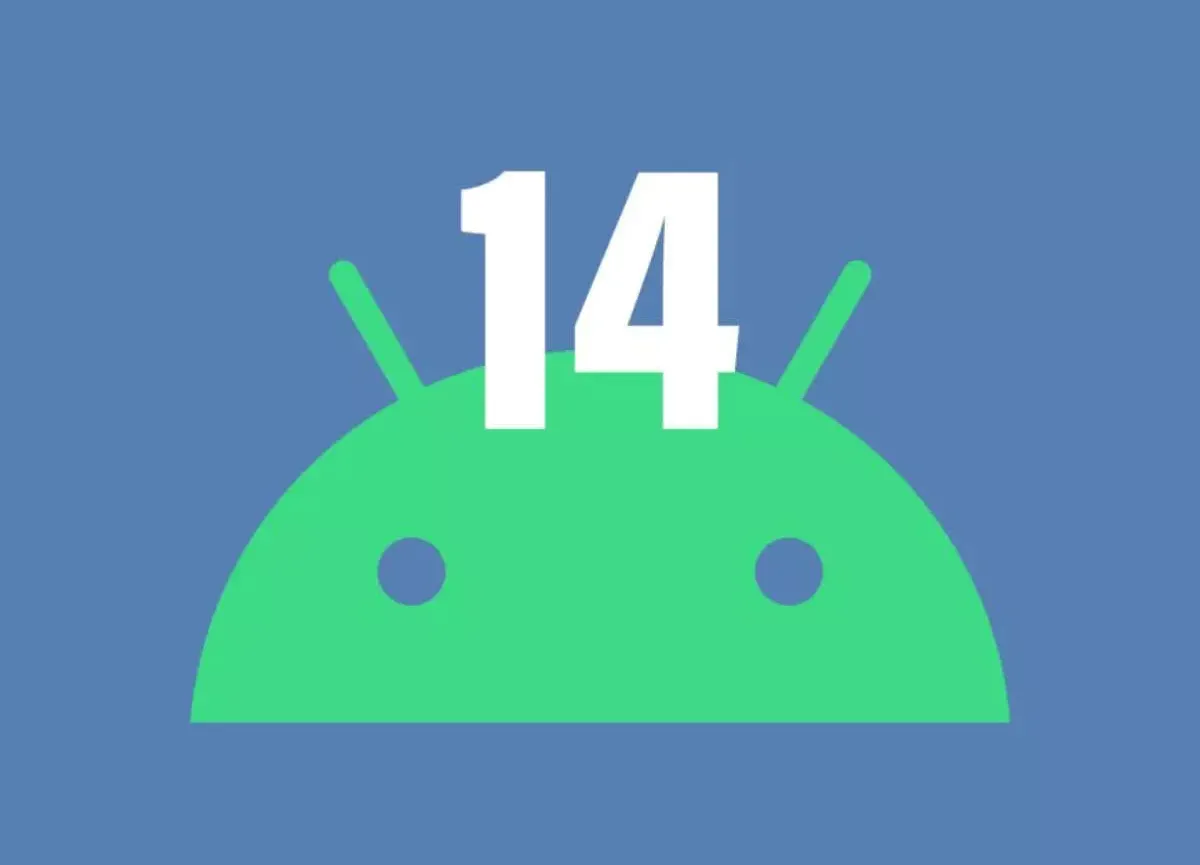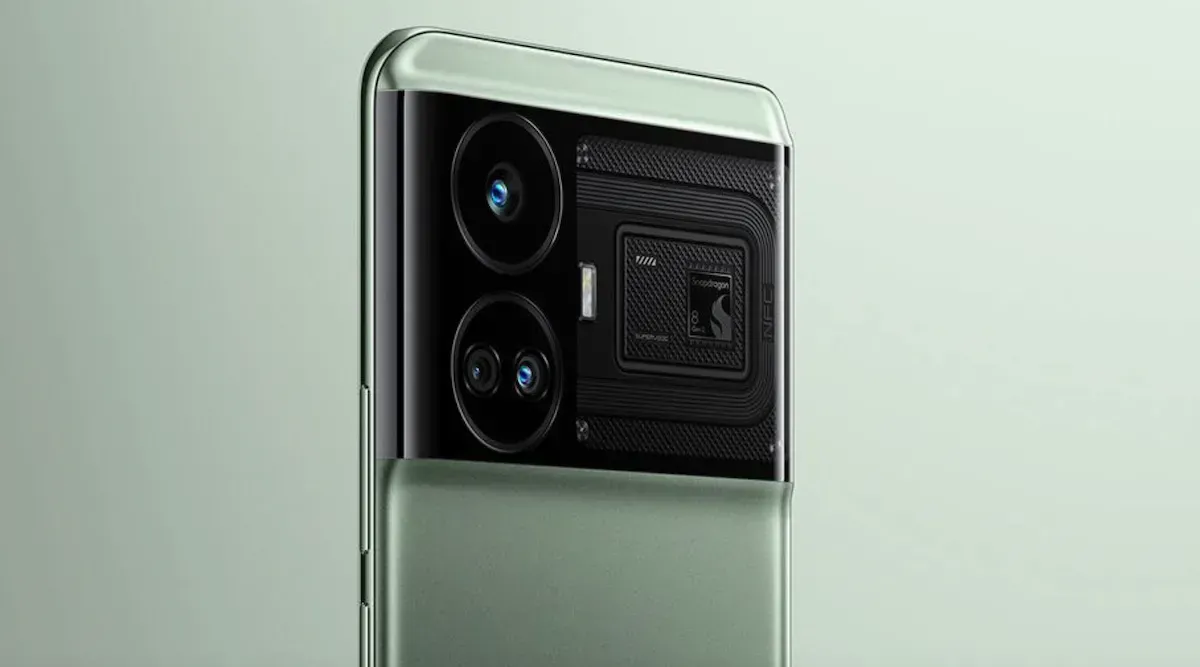
No matter how good and expensive a smartphone you have today, it is becoming difficult to prevent the data present in the mobile from being stolen. Often people leave the house after fully charging the smartphone. But on seeing the USB charging port present in public places such as train, bus station, metro, airport etc., you put your phone or laptop in charging so that the battery can accompany you during the journey. But let me tell you that this method can also cause high financial loss someday.

Charging the phone by putting it in such a USB port is proving dangerous for people these days. With this, hackers can steal the phone's data or even get the banking details and empty the account. The USB cable is not only helpful for charging, but it also transfers the phone's data. But people are probably unaware that when they are charging their phone from the USB charging port, at the same time, hackers also copy the data from the phone or install malware. This technique of data theft is called Juice Jacking. Through this, data is copied from smartphone, tablet or computer device such that users are not even aware of it.
How does Juice Jacking work?
USB ports are often used as a medium of data transfer. It can also open the option to transfer files between devices when users charge the device through the USB port. For this, hackers often use off-the-shelf hardware that is easy to install in the charging port of a public charging board. It is specifically designed to breach security and access information about connected devices. With the help of this technique, you don't even know about the data stolen. The data includes everything from the phone's contact list, photo gallery to all files, WhatsApp chats etc.
What could be the damage?
Recently, SBI had issued a warning to the people about this deadly mobile malware through Twitter. Think twice before plugging your phone into charging stations. Malware can find a way to infect your phone. After this, hackers can export the data along with stealing the password from the phone. Not only this, but the Los Angeles County District Office of the US also issued a video warning about the USB charger scam. In the video, Deputy District Attorney Luke Sisak said that a free charger could destroy your bank account.
Data Stealing
Juice Jacking leads to the theft of data from the connected device. Hackers can search your phone for personally identifiable information (PII) means account credentials, banking related data, credit card data etc. These hackers can copy all the information on their device. There are many apps these days that can clone all the data from your phone to another phone.

Malware installation
Once a connection is established, the malware is automatically installed on the connected device. Malware remains in the devices until users detect it and remove it. Adware, Crypto Miners, Ransomware, Spyware, Trojans are some software cybercriminals can install through juice jacking.
Can this be avoided?

Don't ignore these things!
Remember that antivirus can provide additional protection, but it will not be helpful when it comes to juice jacking. However, if a cybercriminal tries to install malware on the phone, an antivirus app can stop it. So the next time you travel, take your charger and power bank with you.

1 year ago

1 year ago

1 year ago

1 year ago